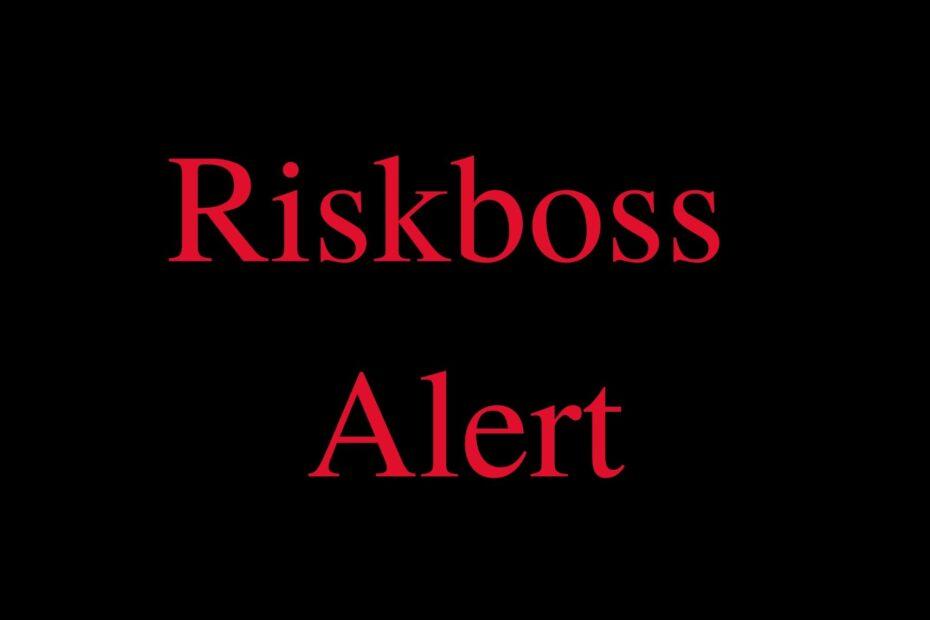Riskboss Alert - Access to Private Property& Private Information
In our sister company, Riskboss’ Fall/Winter 2019/2020 edition of Riskboss Magazine (www.riskbossmagazine.com), they wrote extensively about who gets access to private property and private information and when. This article is a must read for property managers and all front-line security personnel. The right for anyone (including police officers) to enter a private area or obtain private information is highly restricted in Canada and must only be permitted by due process or by judicial authorization(s). For greater clarity, private / restricted areas include any area past the front entrance door or security desk (e.g. lockers, hallways, elevators and underground parking are all private and therefore restricted areas).
In short, the answer to whether anyone can gain access to private property or private information is generally, “No” but there are a few exceptions. Knowing these exceptions is critical to ensuring that access and information is properly secured. Security is usually the first point of contact and often get persuaded into revealing information or showing CCTV camera footage. In most cases access to private information or access to a private/restricted area must not be made; however, there are exceptions to this rule:
- When fire or ambulance services attend at a building, it is automatically assumed and readily accepted that an emergency is taking place and full access must be allowed to restricted areas and information immediately and without delay.
- Police can enter a private area or obtain private information when they declare the situation to be an emergency (e.g. Child in need of immediate protection, assault in progress, medical emergency, etc.). Police do not have to disclose the nature of any emergency.
- Police may enter a private area or obtain private information by way of a judicial authorization (e.g. search warrant, arrest warrant, production order, etc.)
- Anyone may enter a private area or obtain private information when they have been invited by a person with the legal authorization to do so (e.g. Property manager, live-in owner or tenant) for issues such as parking or noise complaints, reporting thefts, or any other matter.
- When there is an internal issue between residents (e.g. Domestic violence or vehicle accident or damage in the underground by another resident), then judicial authorization should be obtained, as there is a right and expectation of privacy for all residents. Corporations should always refer to their legal counsel for advice before the release of any such information.
- When a stranger enters the property to trespass, break and enter into a locker, cause damage or assault a resident, they have no right or expectation of privacy and therefore, the voluntary release of information without judicial authorization is appropriate.
- A judicial officer (e.g. Sherriff) may enter private property when authorized by law (e.g. Eviction by court order)
- Summons servers, private bailiffs repossessing cars, process servers, etc. do not have a right of entry into private property or access to private information. Until property management verifies access rights and authorization, access should be denied.
- For the purpose of the Residential Tenancies Act of Ontario with respect to access by an owner when a property is rented out to a tenant, an owner cannot have access to a unit without the permission of the tenant or by judicial authorization. Access to the unit by an owner who rents a suite may only be granted with authorized permission from the registered tenant.

